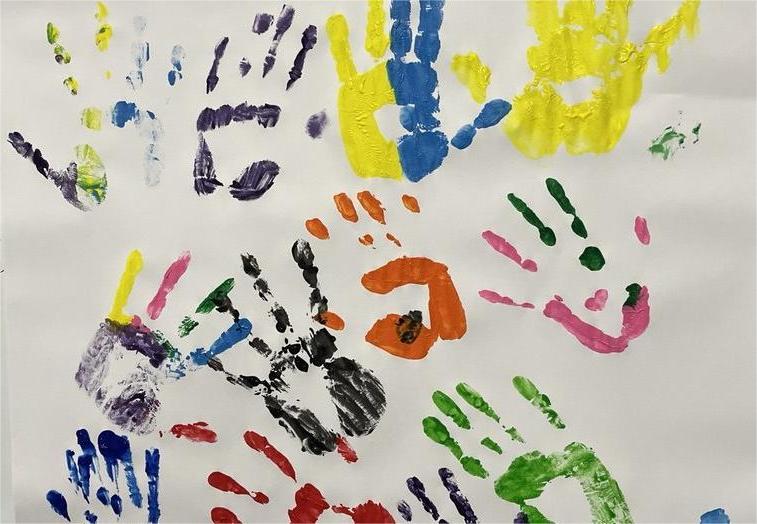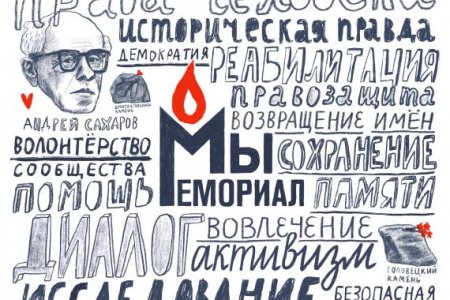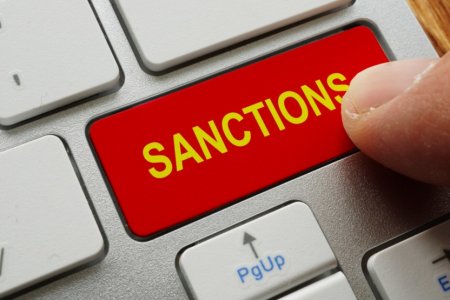
Since the beginning of the full-scale invasion, Kharkiv has been one of the most heavily targeted regions of Ukraine. And yet, despite shelling, blackouts, and constant danger, our organization continues its mission.
Who We Are / What We Do
The Kharkiv Human Rights Protection Group is one of the oldest and most respected human rights organizations in Ukraine.
Our mission is to defend human rights and provide comprehensive assistance to individuals who suffered from war crimes and repression.
In practical terms, this means:
- Legal assistance — representing victims in national and international bodies.
- Psychological support — helping survivors recover from trauma.
- Medical and humanitarian aid — ensuring that people can meet their basic needs and continue their lives.
We are not just documenting crimes. We are standing with people in their most vulnerable moments and walking the road of recovery with them.
Types of Assistance
Let me give a more detailed overview.
- Psychological assistance: Our psychologists provide free counseling, both individually and in groups. They also prepare professional expert opinions on the psychological state of torture victims, which are later used in legal proceedings.
- Legal assistance: Our lawyers represent cases of victims in Ukrainian courts, but also submit applications to international mechanisms such as the International Criminal Court, Working group of enforced and involuntary disappearances and UN Human Rights Committee.
- Medical support: Many victims of war crimes suffer physical injuries. We cover medical examinations, treatment, and even dental services — because recovery must be comprehensive.
- Humanitarian aid: Sometimes victims lose everything — homes, jobs, possessions. We provide financial assistance for essential needs, so that people can at least stabilize their daily lives.
This holistic approach makes people feel they are not left alone. And that is the foundation of trust.
Field Work and Cooperation
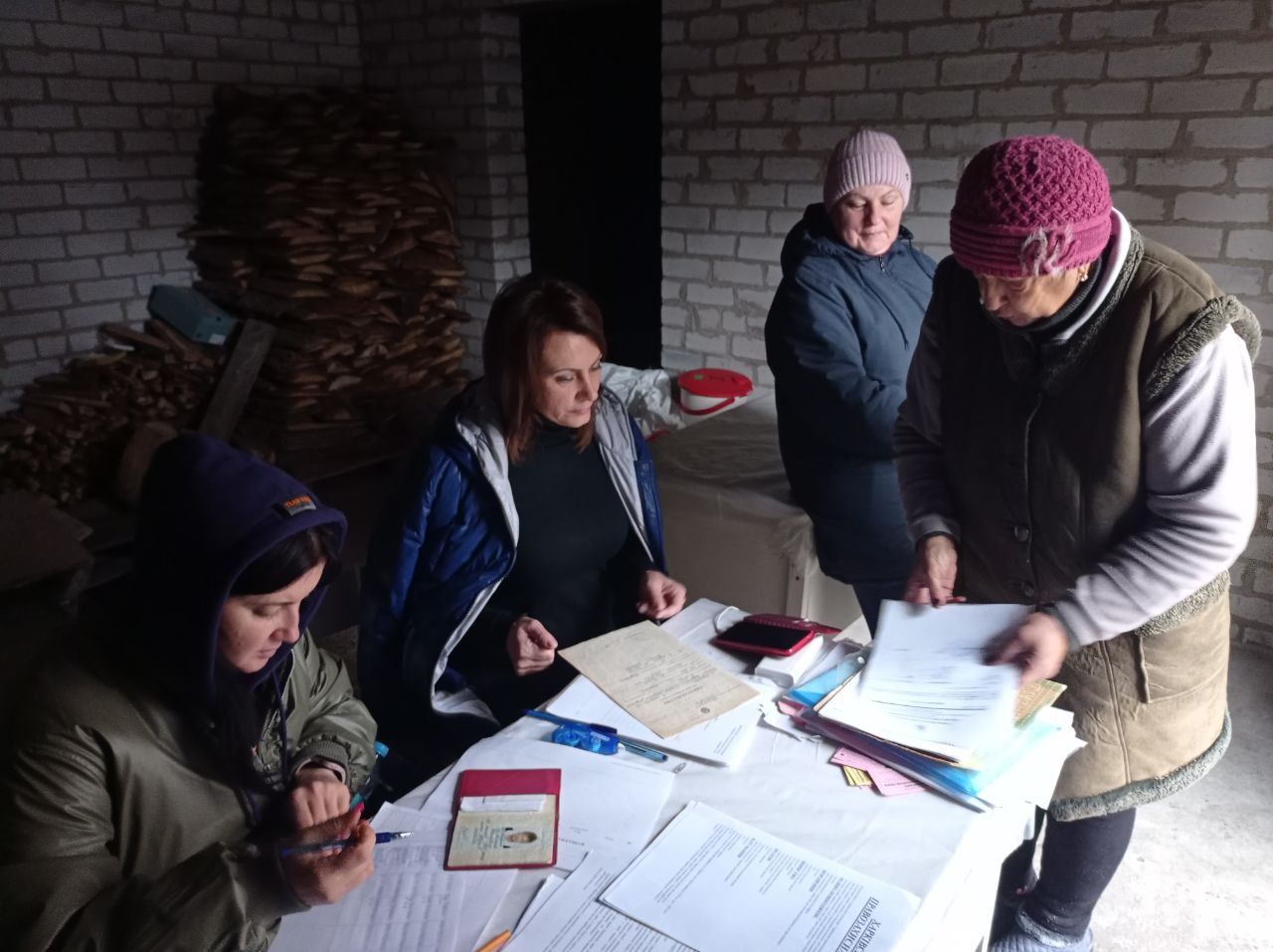
One of our distinctive features is that we don’t work only from offices in big cities.
Our lawyers and staff regularly travel to de-occupied territories and communities near the frontline. There, we meet victims face-to-face, listen to their stories, and provide direct legal assistance.
![[робота на виїзді]](https://khpg.org/files/img/1608824703.jpg)
This work is dangerous. Sometimes we travel under the sound of shelling. But for victims, it is essential to see that human rights defenders are present. It sends a powerful message: “You are not forgotten.”
We also work closely with law enforcement agencies. Cooperation is key — we share evidence, testimonies, and expert knowledge to support investigations of war crimes.
By combining field presence and institutional cooperation, we both earn the trust of individuals and strengthen the system that should deliver justice.
Key components of building trust and resilience
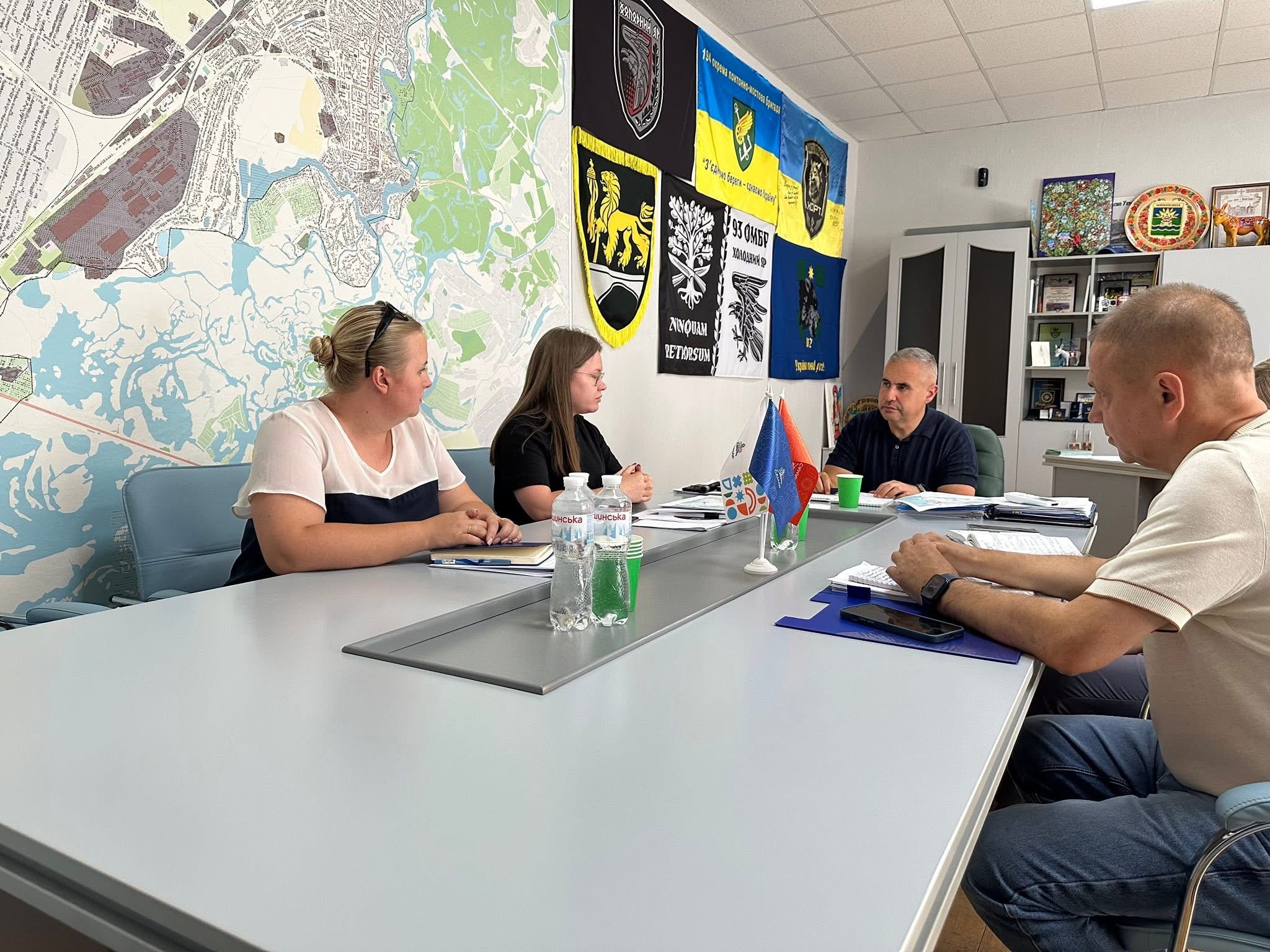
Trust is fragile — especially in times of war, when people feel abandoned and betrayed by institutions.
So how do we build trust?
First, transparency. We are honest about what we can and cannot do. For example, if we cannot promise immediate financial help, we say it directly. This honesty builds more trust than unrealistic promises.
Second, consistency. We follow up. If we say we will return with documents next week, we return. If we promise a legal consultation, we provide it.
Third, presence. Trust is not built by press releases. It is built by showing up in destroyed villages, by sitting with victims in their homes or shelters.
Fourth, cooperation. We don’t work in isolation. We partner with police, local authorities, international organizations. This multiplies the credibility of our efforts.
Trust, for us, is both a value and a strategy. Without it, none of our work would be possible.
Safety and Flexibility
In a crisis, communication becomes a lifeline. It is about much more than sharing information — it is about survival, coordination, and credibility.
Internally, we need to keep our staff safe and informed. This means clear evacuation plans, emergency protocols, and psychological support for our colleagues. It also means that even during chaos, everyone knows their role and how to act.
Externally, we must show victims, communities, and donors that we remain operational. We communicate through media, social networks, and direct reporting. We also share the voices and stories of victims — but only with their consent, and always with sensitivity.
Strategic communication here means balancing honesty and responsibility: we cannot exaggerate, but we also cannot stay silent. Our credibility depends on this balance.
Let me give some concrete examples of how we remain resilient.
- We have evacuation and crisis-response plans. Everyone in our team knows what to do if shelling intensifies or if the situation in Kharkiv deteriorates.
- We use generators and alternative communication channels during blackouts. This allows us to stay connected with both our staff and victims.
- We rely on flexible planning. If an in-person meeting is impossible, we switch to online. If electricity is cut, we reorganize schedules.
- And we maintain open communication. Even when conditions change, we inform our staff, our beneficiaries, and our partners. This openness helps preserve trust, even in uncertainty.
Resilience is not just about resources. It is about the confidence people have that we will continue our mission no matter what.
Continuous Professional Development
![[семінари]](https://khpg.org/files/img/1608824704.jpg)
Another important component of trust is professionalism.
Our lawyers and staff constantly learn. They attend trainings and workshops, and they participate in international exchange programs.
This is not just about technical knowledge. It is about showing victims and partners that our organization is competent, modern, and connected to global expertise.
When people see that our staff are highly qualified and always learning, it increases their trust in our ability to protect their rights.
Psychological Support for the Team
![[Тренінг з самодопомоги]](https://khpg.org/files/img/1608822207.jpg) We also know that we cannot help others if we neglect our own well-being.
We also know that we cannot help others if we neglect our own well-being.
During the full-scale war, psychological pressure is enormous. Many of our staff live under shelling, some have lost relatives or homes.
That is why we prioritize psychological support for the team.
· We organize individual and group sessions with psychologists.
· We hold trainings on stress management and emotional resilience.
· We talk openly about mental health, breaking the stigma around it.
This support not only helps our staff personally. It also ensures that our team remains strong, united, and capable of providing quality assistance to others.
Conclusion
For us, trust is not just a nice word — it is the foundation of every meeting with a victim, every partnership, every project.
And strategic communication is what keeps us alive as an organization. It allows us to remain credible, to adapt to crises, and to maintain relationships with victims, partners, and society.
In times of crisis, words and actions must align. That is how trust is preserved.
